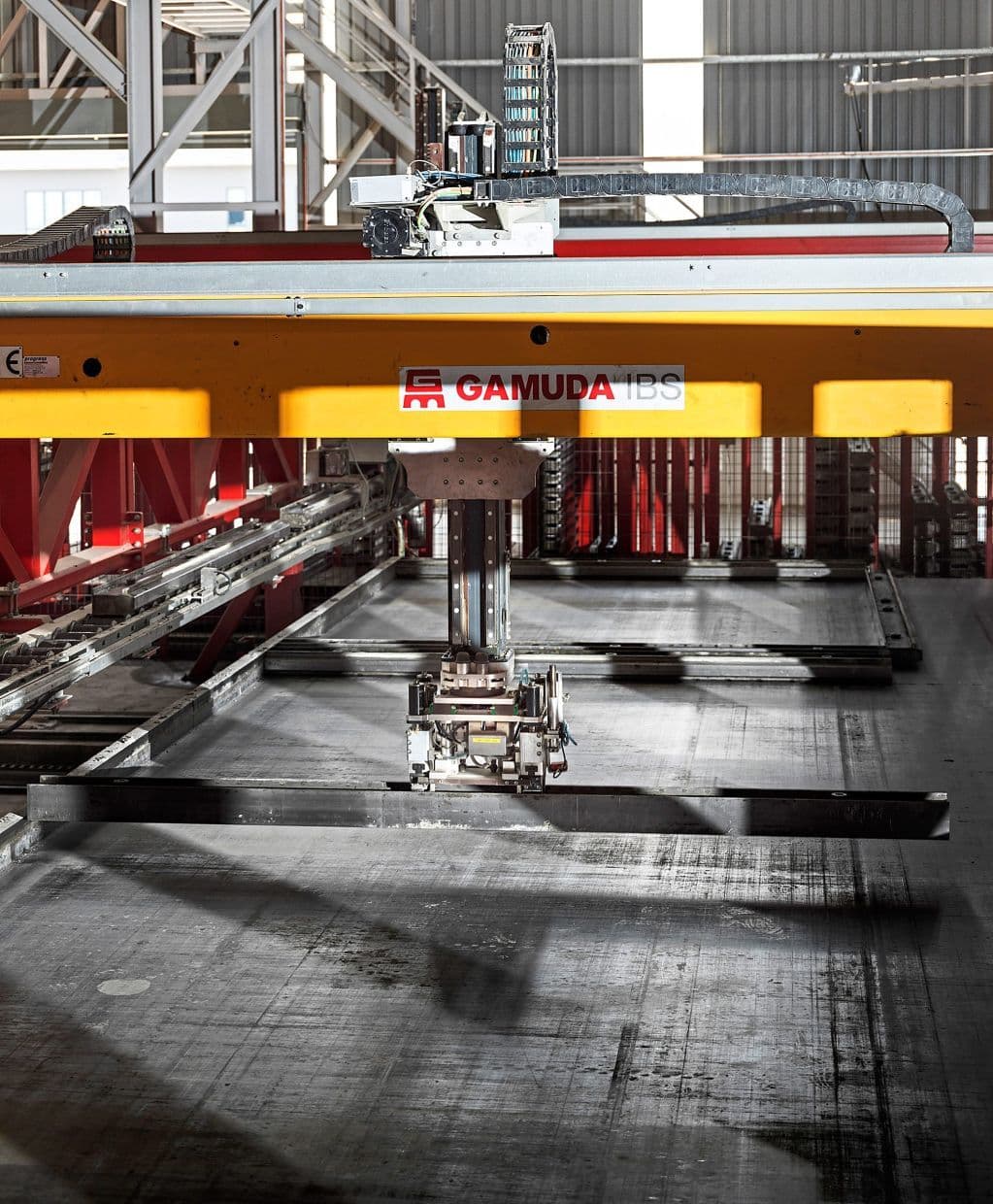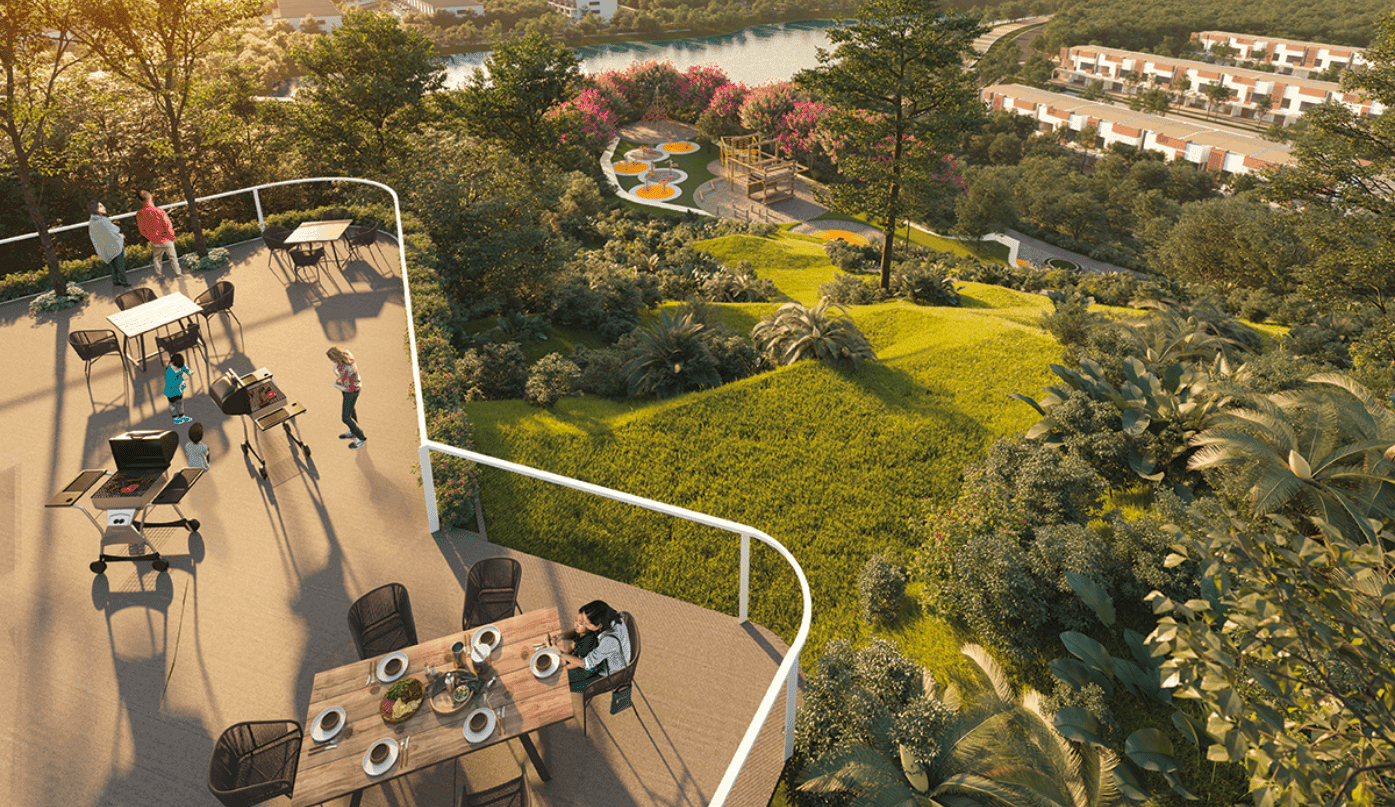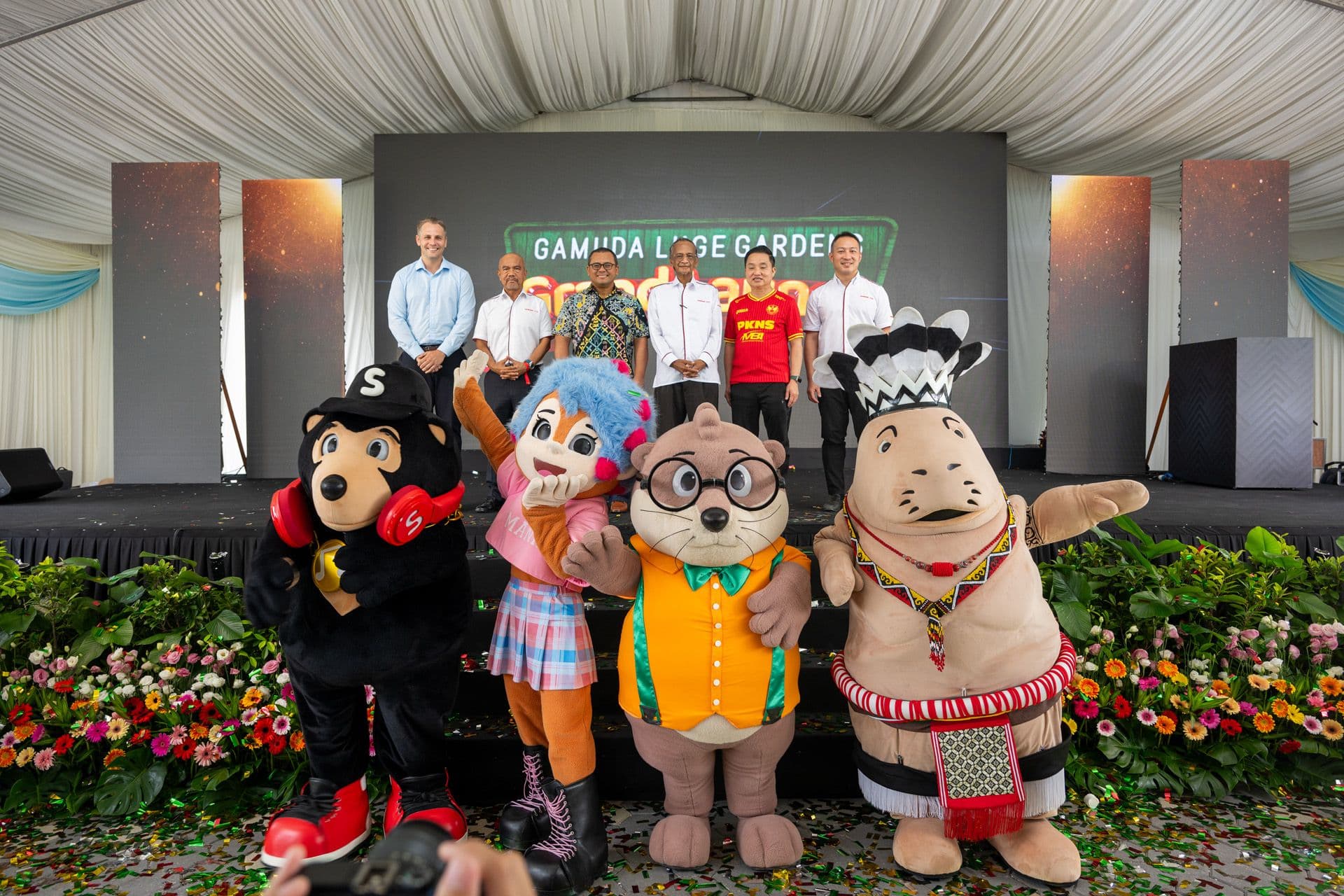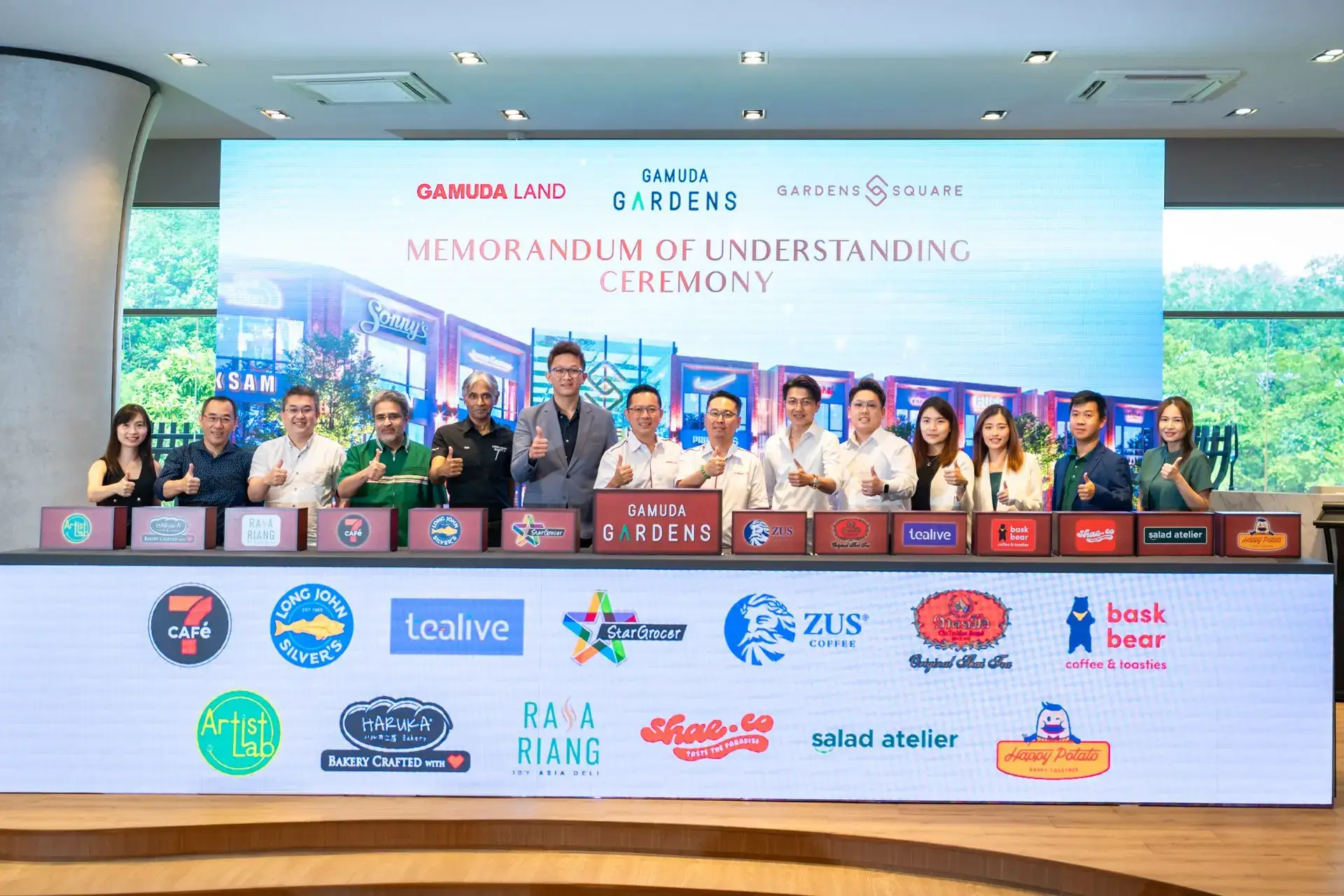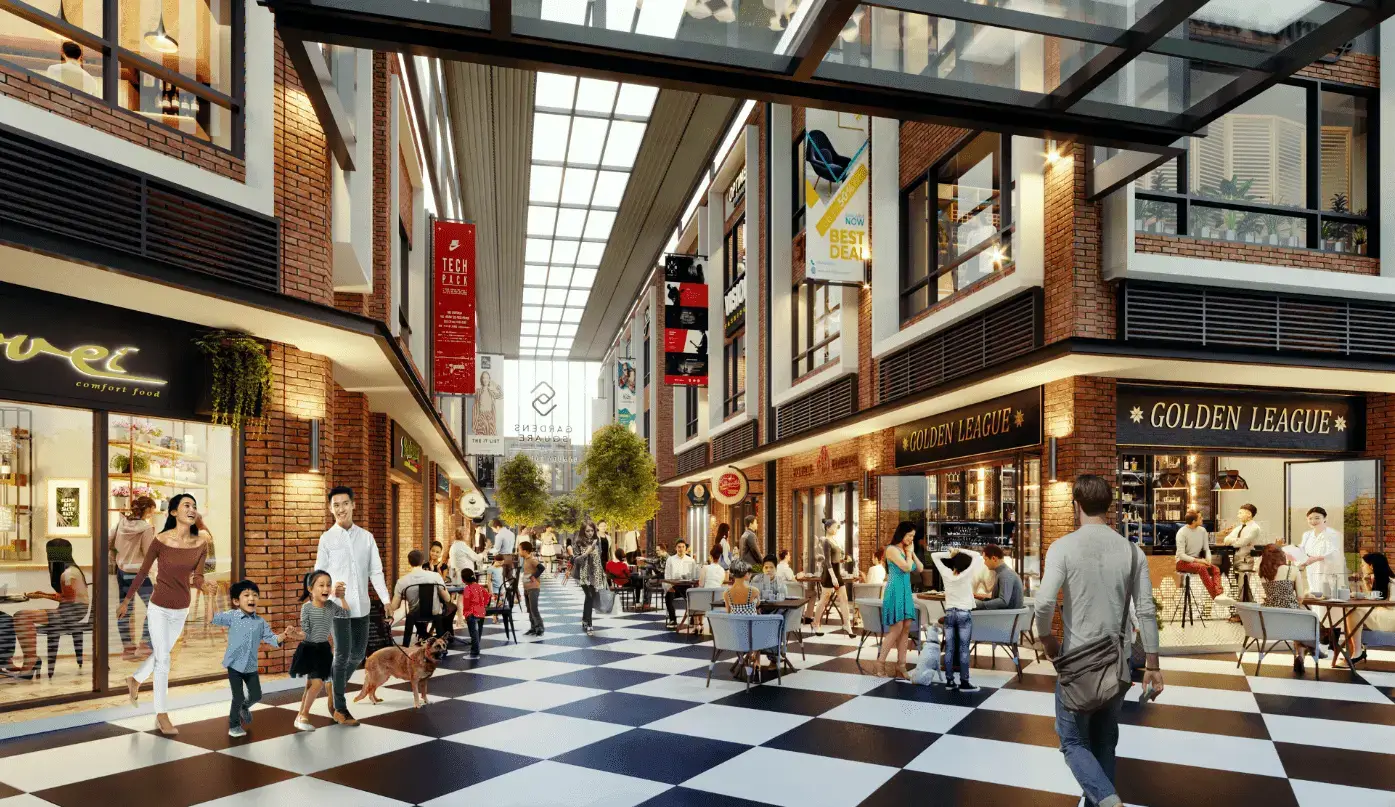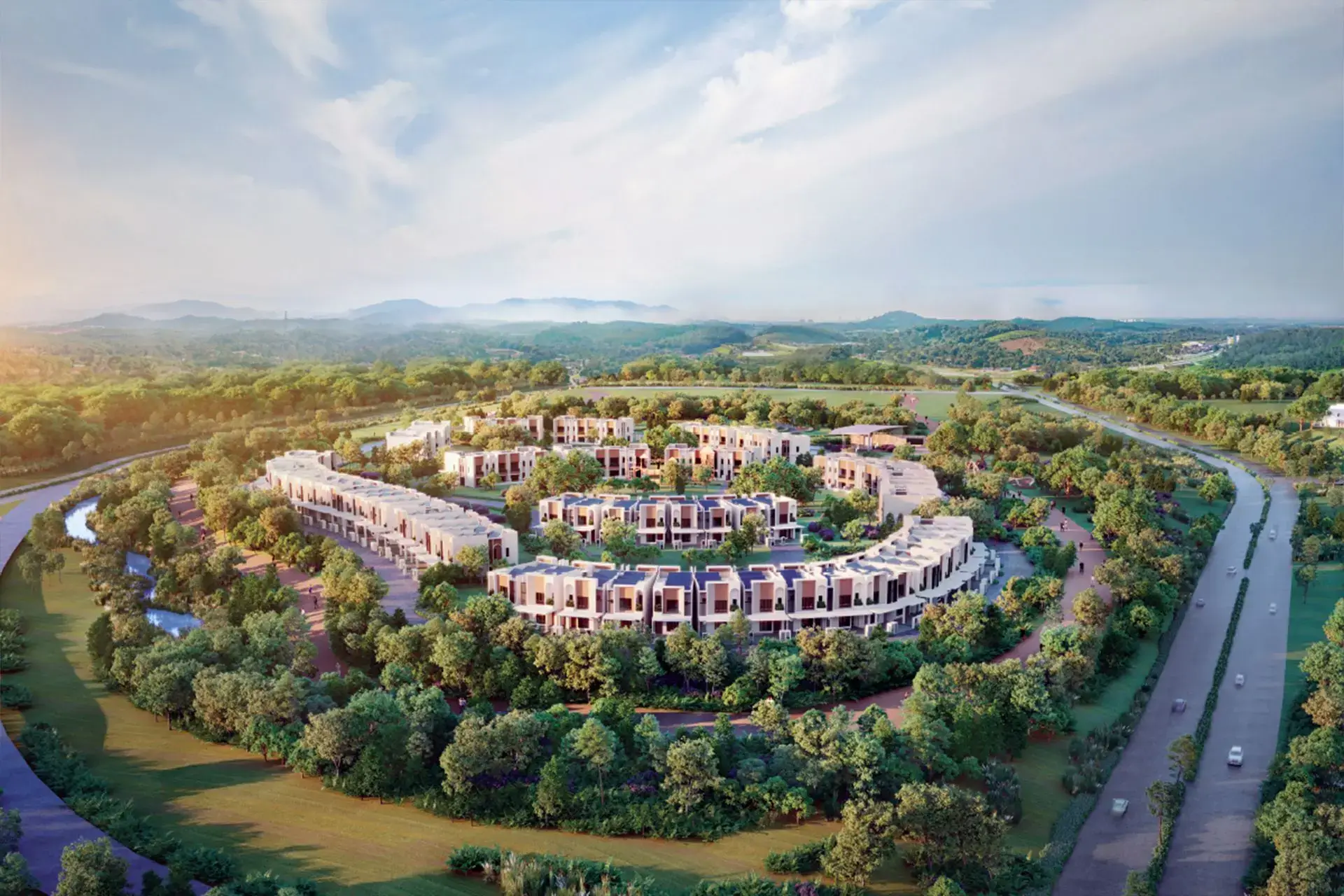DO you know what goes into building your homes? If you were to think about it, it’s likely that the image of workmen toiling to pour concrete or bend reinforcement bars on a construction site – exposed to the elements like the hot sun and rain of Malaysia’s tropical weather – will come to mind.
What it chalks up to, at the end of the day, is that the quality of your home is only as good as the skills of the individual workmen undertaking the construction.
But it does not have to be. There is a better way forward to build quality homes which is truly sustainable that will meet the needs of stakeholders – be it home buyers, property investors or developers.
All well and good, but you might ask: How does this translate into better homes with better product quality?
Gamuda’s answer to this is its next-generation digital industrialised building system (IBS) ecosystem, another innovative breakthrough for building construction.
Digital revolution for construction
An evolution of the IBS that was introduced in Malaysia in the 1970s with the 17-storey Pekeliling flats in Kuala Lumpur, Gamuda’s next-gen IBS leverages technology advancements in the digital era for better top-to-toe digital construction, starting with a cloud-based 3D building information model (BIM) designed to buyer needs, in advance.
The fact of the matter is, digital IBS works because it requires all experts – such as architects, structural engineers and mechanical engineers – to collaboratively work together from day one to plan out and coordinate all required aspects within a construction prior to construction.
Digitising the process from cloud-based design to Artificial Intelligence-Internet of Things (AI-IoT) enabled robotic manufacturing processes helps to eliminate redundancies, defects, overlaps and resource wastage.
In turn, this shortens the duration of planning and construction, and speeds up the delivery of vacant possession within 12 months instead of the typical three years.
Moreover, by pre-planning and designing ahead of time, home buyers’ needs are well taken care of from the beginning, hence reducing the need for people to renovate their homes later.
“The next-gen Digital IBS starts with a cloud-based 3D BIM model whereby we run clash analysis, which provides accuracy and precision in pre-planning your experience in advance. We start with you in mind,” says Gamuda Engineering executive director Lim Hui Yan.
“That’s what Gamuda Engineering does. It’s near to our hearts, as we believe that when we build places or homes, we want to build it right, right from the start.”
How the process works is this: Its robots in the AI-IoT enabled precast factory will produce the required products based on Gamuda’s cloud-based BIM drawing.
Leveraging the same base of information and learnings garnered from sensors as part of the factory’s IoT network and previous iterations, the robots will autonomously plan out the schedule to optimise efficiency and resources without human intervention.
By doing so, the consistency of the quality can be assured, as it removes the variables typical to on-site construction. Simultaneously, it is how Gamuda Engineering enabled a 55% reduced reliance on unskilled foreign workers.
“As we are manufacturing these products under a digital ecosystem within a controlled factory environment, we can control the quality with precision and accuracy to give purchasers the best quality possible with manufactured products,” says Lim.
The “parts” that form a home are then delivered in pods or boxes right to the construction site where it will be assembled, like Lego blocks.
It’s not just the process that has undergone a transformation; the materials with which homes are built have been improved as well, down to the “ingredient mix” used in making the concrete panels through its AI-IoT robotic manufacturing system.
For example, conventionally sand or clay bricks are used, which is why homebuyers often check for cracks near the corners of windows or doors. What Gamuda has done is to upgrade its construction materials to reinforced concrete to replace brick walls to improve the quality.
Gamuda also placed a lot of effort in the inspection process via its own BIM augmented reality mobile application called BIMAR which uses LIDAR camera on a tablet to overlay 3D BIM models on the actual built environment for final inspection before vacant possession.
Carbon, waste reduction
Aside from gains in productivity and efficiency, Gamuda’s next-gen digital IBS also enables 40% reduction in embodied carbon.
It’s not about chest thumping, as being IoT-enabled helps contribute to better governance as well. It’s trackable, quantifiable data with results that can be validated, and used for analysis and assessments – leveraging the digital ecosystem.
All facilities at the factory can also be monitored remotely and all products come with a QR code to ensure traceability from start to finish along the supply chain.
The digital solution and its ecosystem, anchored on the company’s factory in Banting, Selangor, was Gamuda’s brainchild.
Five years ago, Lim and her team drew the custom blueprint for the plant, which is purpose-built to accommodate the needs of the Malaysian construction industry, just like how the homes are customised to buyer needs.
The 66-acre factory is 100% renewable energy (RE)-powered and in-built with IoT to enable AI, with a production capacity of 10,000 houses per annum.
What might surprise some, however, is that the factory and its robots only require enough energy generated by solar panels that cover a mere 5% of its rooftops.
“When we started this plant, we wanted to create a digital ecosystem and not a digital elephant, which is why we had to change the entire ecosystem to bring our vision into reality.
“In carbon accounting, energy is the number one contributor to emissions, so although we use RE-generated power, we don’t introduce the need for power when we don’t need to, for example the use of low energy-powered robots, etc. It’s about thinking differently, innovatively,” says Lim.
In its factory, this philosophy is most apparent in the curing chamber for its products. Built with a cold room design that is well insulated to contain heat, the “oven” enables the panels to cure properly without external heating elements, making good use of our tropical climate without consuming redundant energy.
The significant reduction in material usage and wastage also contributes to lower carbon emissions. At present, the wastage for the Banting plant is almost none, as compared to the 5% to 8% wastage for conventional constructions, as the company works towards the circular economy model. The ability to measure such wastage accurately ties back to the IoT network established in the factory.
All said and done, it comes as no surprise that Gamuda Land’s products and perhaps even certain data centres, moving forward, will be leveraging this next-gen digital IBS to build better.
“As an engineering company, we deliver innovative building. The vision for Gamuda digital IBS is to change the status quo and transform the current construction industry through the adoption of a fully digital ecosystem, whereby everyone can benefit.
“We have seen the innovation brought about by the top-to-toe, end-to-end digital solution and ecosystem – be it for home building or commercial or even the latest data centre construction, so we believe there’s many more to explore.
“Next-gen digital IBS should not be ‘the future of home-building’; it should be today, so that we can move towards real sustainability,” Lim concludes.

